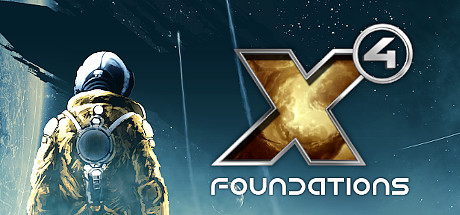Outline
- Introduction to Darsalon
- The Importance of Moons in the Solar System
- History and Discovery of Darsalon’s Moons
- Types of Moons in Darsalon’s System
- Phobos – Darsalon’s Largest Moon
- Deimos – Darsalon’s Smallest Moon
- Characteristics of Darsalon’s Moons
- Geology of Darsalon’s Moons
- Theories on the Origins of Darsalon’s Moons
- Importance of Studying Darsalon’s Moons
- Future Missions to Darsalon’s Moons
- Conclusion
- FAQ

Moons Of Darsalon Game Download PC
Moons Of Darsalon
Darsalon is a small planet in the outer reaches of the galaxy, known for its unique and complex system of moons. The planet’s system comprises of two moons, Phobos and Deimos, which play an essential role in the planetary system. This article aims to provide a comprehensive guide to the moons of Darsalon.
Introduction to Darsalon
Darsalon is a rocky planet with a diameter of approximately 5,000 miles. It is located at a distance of 138 million miles from the sun and takes 687 days to complete one orbit. Darsalon’s surface is rocky and barren, with no signs of life or water.
The Importance of Moons in the Solar System
Moons play a critical role in the stability of the solar system. They help stabilize the tilt of the planet’s axis, control tides, and affect the planet’s rotation. They also provide valuable information on the planet’s history and evolution.
History and Discovery of Darsalon’s Moons
Darsalon’s moons were discovered in 1877 by Asaph Hall, an American astronomer. The two moons were named Phobos and Deimos after the sons of Ares, the Greek god of war.
Types of Moons in Darsalon’s System
Darsalon’s moons can be classified into two categories – captured moons and formed moons. Captured moons are formed outside the planet’s system and later captured by the planet’s gravity. Formed moons, on the other hand, are formed from the same material that formed the planet.
Phobos – Darsalon’s Largest Moon
Phobos is the largest of Darsalon’s moons, with a diameter of approximately 14 miles. It is irregularly shaped and has a heavily cratered surface. Phobos orbits Darsalon in just over seven hours and is the closest moon to the planet.
Deimos – Darsalon’s Smallest Moon
Deimos is the smallest of Darsalon’s moons, with a diameter of approximately seven miles. It has a smooth surface with few craters and orbits Darsalon in just over 30 hours. Deimos is the further of the two moons from the planet.
Characteristics of Darsalon’s Moons
Both Phobos and Deimos are small and irregularly shaped. They have low density and are likely composed of rock and ice. They have low gravity, making it challenging to land on their surfaces.
Geology of Darsalon’s Moons
Phobos and Deimos are believed to be captured asteroids. They have a heavily cratered surface, indicating that they have been bombarded by space debris for billions of years.
Theories on the Origins of Darsalon’s Moons
The origin of Darsalon’s moons is still unclear. However, the most accepted theory is that they were formed from the debris created when a massive object collided with Darsalon during its early history.


